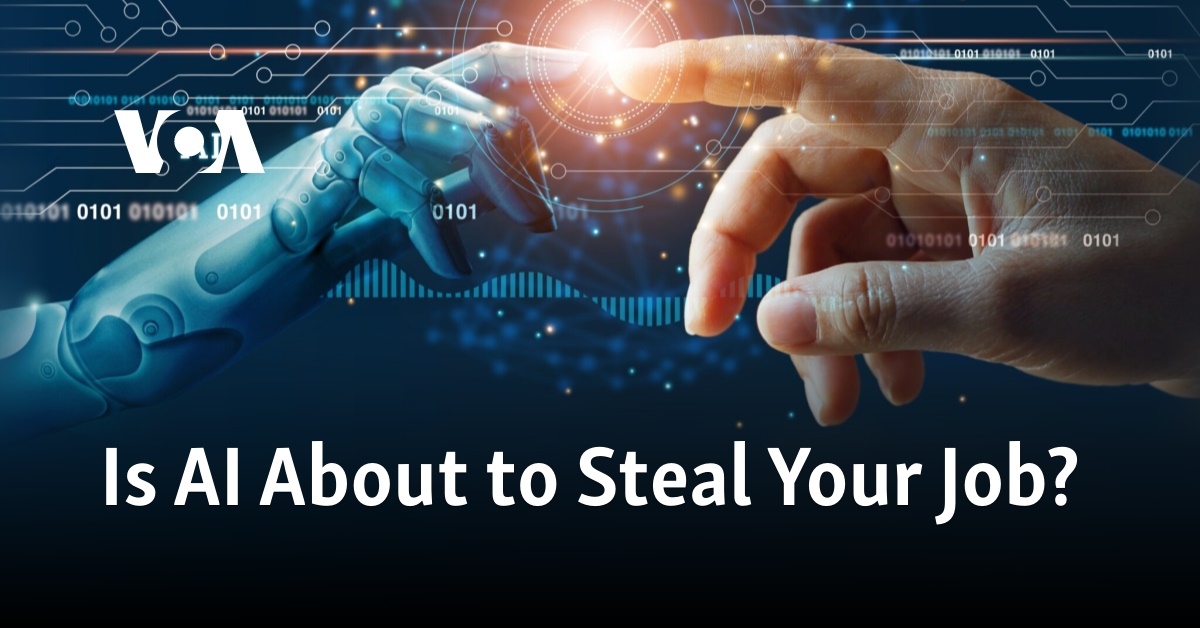Almost all jobs in the United States, ranging from truck driving to childcare provision to software development, involve skills that can be performed, or at least supported, by generative artificial intelligence (GenAI), as indicated in a recent study.
GenAI, a form of artificial intelligence capable of producing high-quality content based on the input data it is trained on, is poised to have a significant impact on various professions.
According to a recent report by Indeed.com economist Cory Stahle, AI is projected to influence virtually every aspect of job roles to some extent.
The study highlights that nearly one in five occupations (19.7%), such as IT operations, mathematics, and information design, are at the highest risk of AI disruption, with approximately 80% of the requisite job skills being potentially replicable by GenAI.
However, the integration of AI technologies does not necessarily equate to the complete replacement of human workers by robots.
Michael Chui of the McKinsey Global Institute (MGI) emphasizes that technological advancements rarely lead to the wholesale automation of entire occupations, with AI typically augmenting rather than entirely supplanting human roles.
Analyzing over 55 million job listings, researchers at Indeed.com discovered that GenAI can proficiently execute between 50% to nearly 80% of the skill sets demanded in 45.7% of those postings, while in 34.6% of cases, GenAI is capable of handling less than half of the required skills.
Jobs emphasizing manual dexterity or personalized interactions, such as nursing and veterinary care, are deemed less susceptible to AI disruption, according to the report.
Historically, technological progress primarily impacted manual labor; however, the emergence of GenAI is anticipated to predominantly affect knowledge workers, a category encompassing individuals engaged in knowledge creation and cognitive tasks.
Nonetheless, the current landscape suggests that AI is unlikely to entirely displace human workers from their roles.
Stahle underscores that few jobs can be entirely automated by AI, and even in instances where AI can perform numerous tasks, there remain aspects that AI cannot replicate.
Researchers anticipate that AI technologies will enhance human job performance rather than serve as outright substitutes for human labor.
Chui and Stahle emphasize that GenAI is poised to optimize existing job functions, thereby boosting efficiency and productivity across various sectors.
Moreover, the integration of AI tools is seen as a means to empower workers and unlock their potential, enabling them to focus on value-added tasks and professional development.
Chui stresses the importance of workers adapting to new technologies to maintain competitiveness in the evolving job market, emphasizing the necessity for continual learning and upskilling.
A survey conducted by Chui reveals that nearly 80% of workers have experimented with AI tools, indicating a growing familiarity and acceptance of AI technologies in the workforce.
The user-friendly design of generative AI tools has facilitated their widespread adoption, encouraging individuals to incorporate these tools into their existing workflows.
Looking ahead, one potential unforeseen benefit of AI could be the cultivation of more efficient employees who work fewer hours, potentially leading to a shift towards a shorter workweek and a better work-life balance for American workers.






